Germany Cartoon
- caricature /
- Germany Cartoon
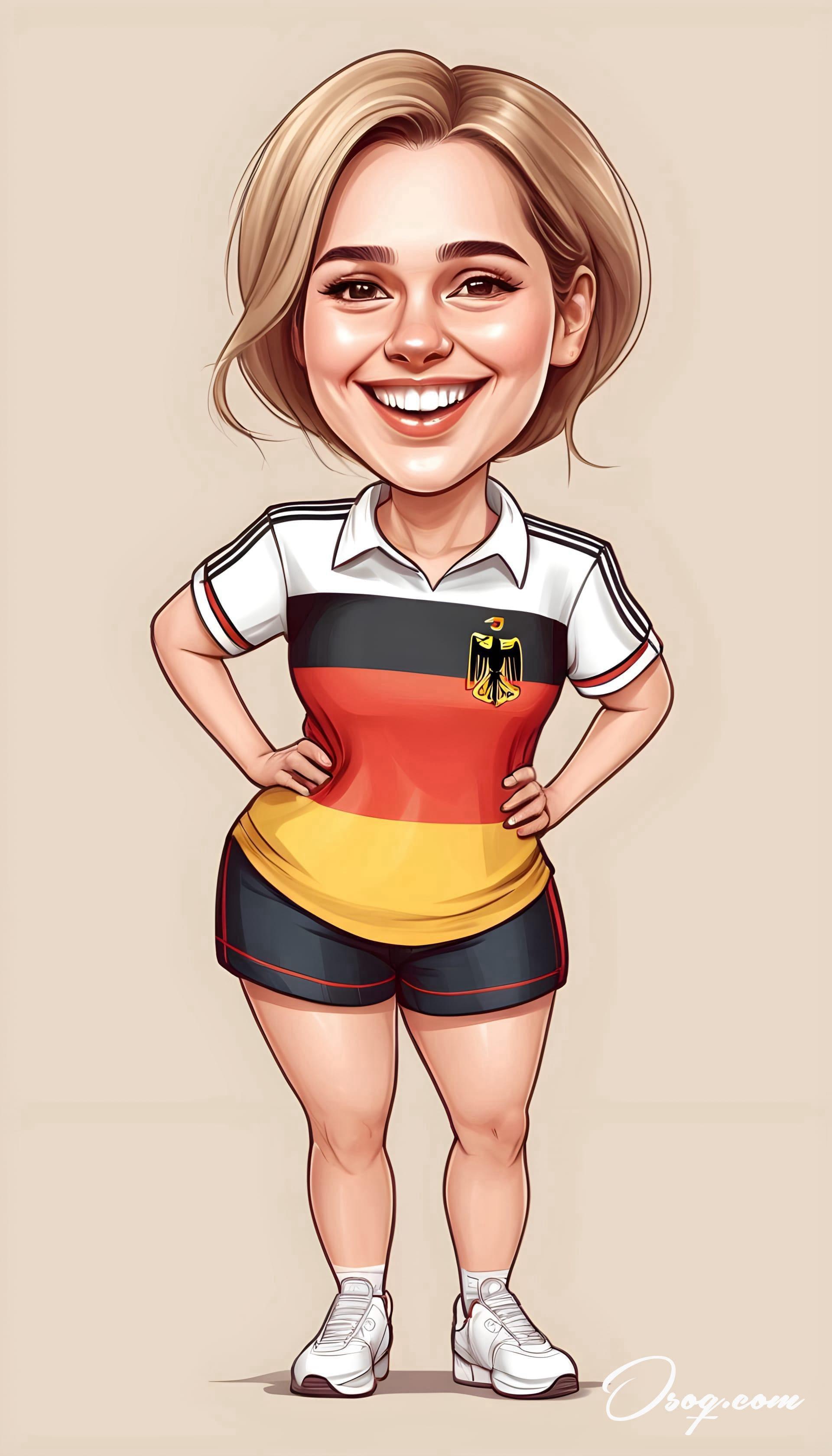
Germany has a rich history in the arts, and German cartoons are no exception. They offer a unique blend of humor, satire, and artistic expression that reflects the country's culture and history.
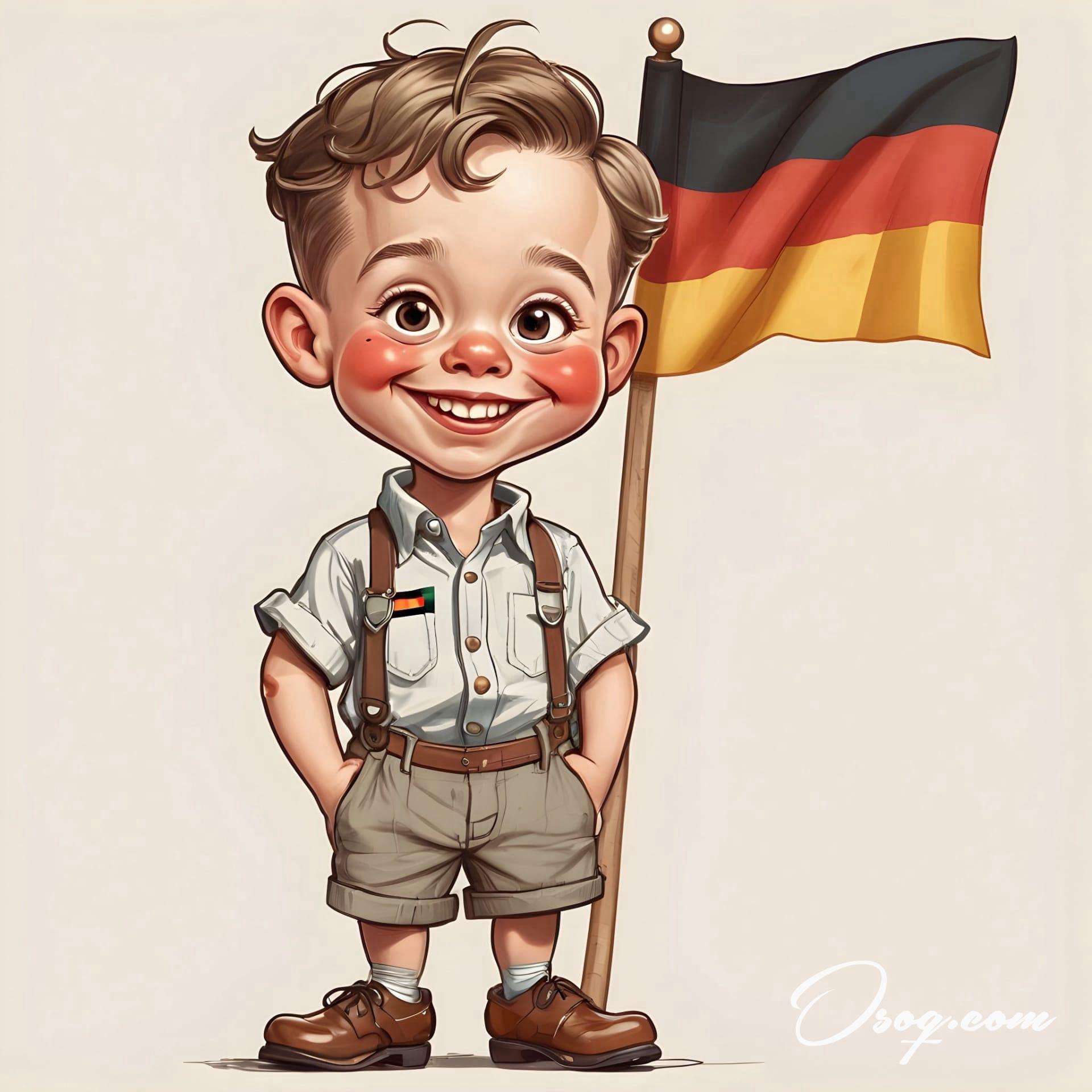
One fascinating aspect of German cartooning is the use of caricature. German artists have mastered this art form, using exaggerated features to comment on politics, society, and celebrities.
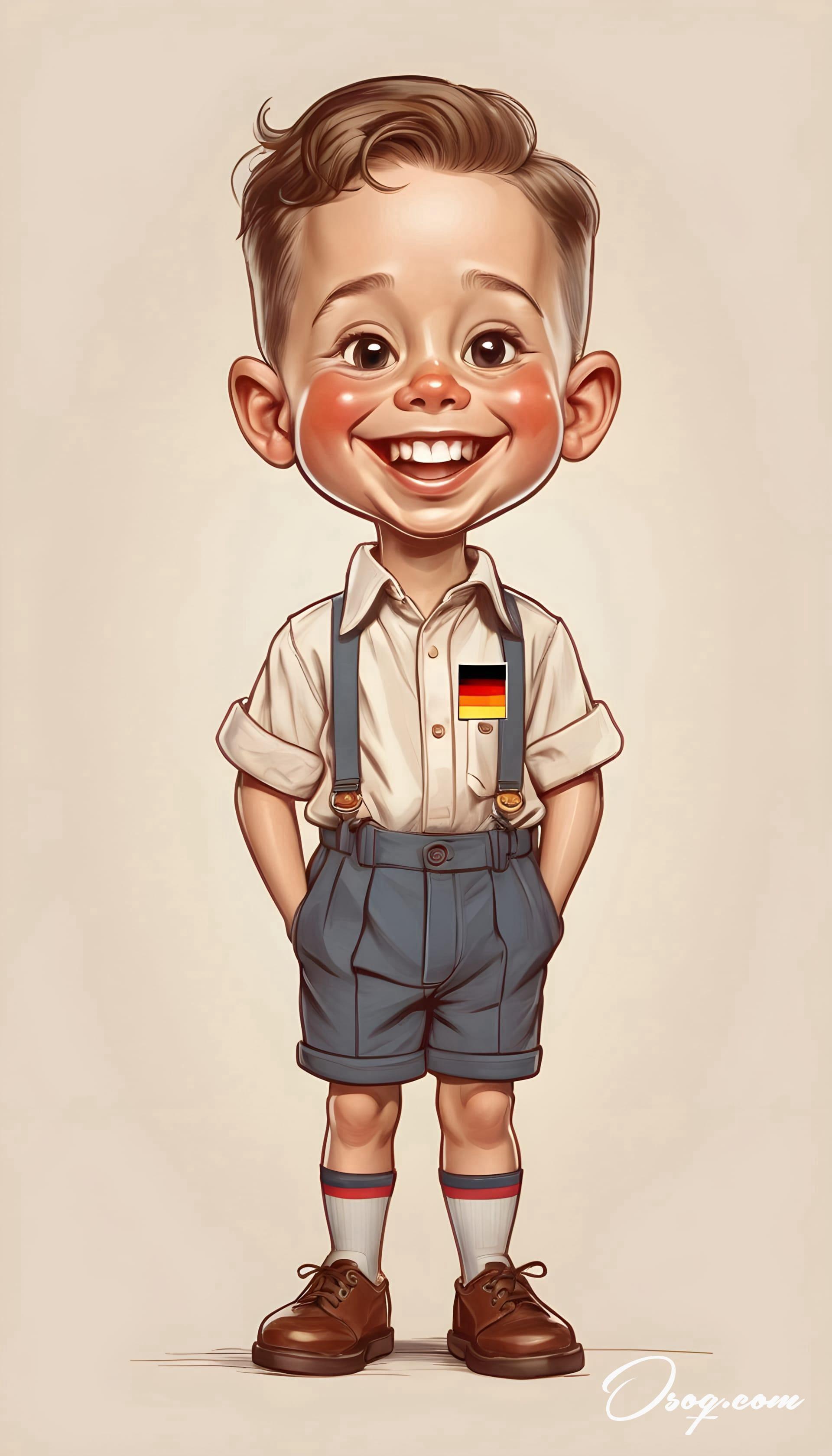
The influence of the German Expressionist movement can be seen in many German cartoons. This style emphasizes emotional experience over physical reality, resulting in striking and emotionally resonant works.
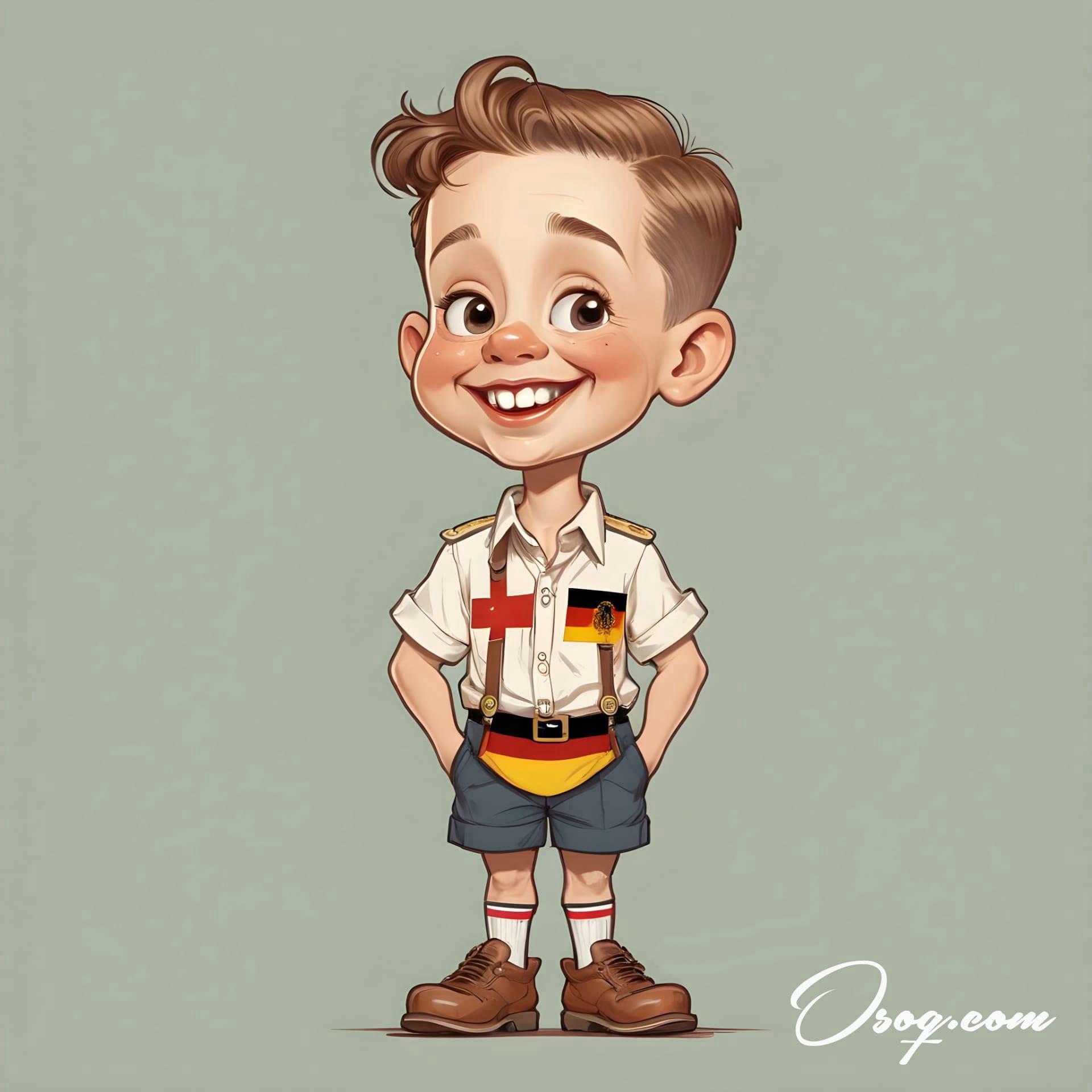
Germany is also known for its contribution to comic strips and graphic novels, with many works gaining international acclaim for their storytelling and artistic quality.
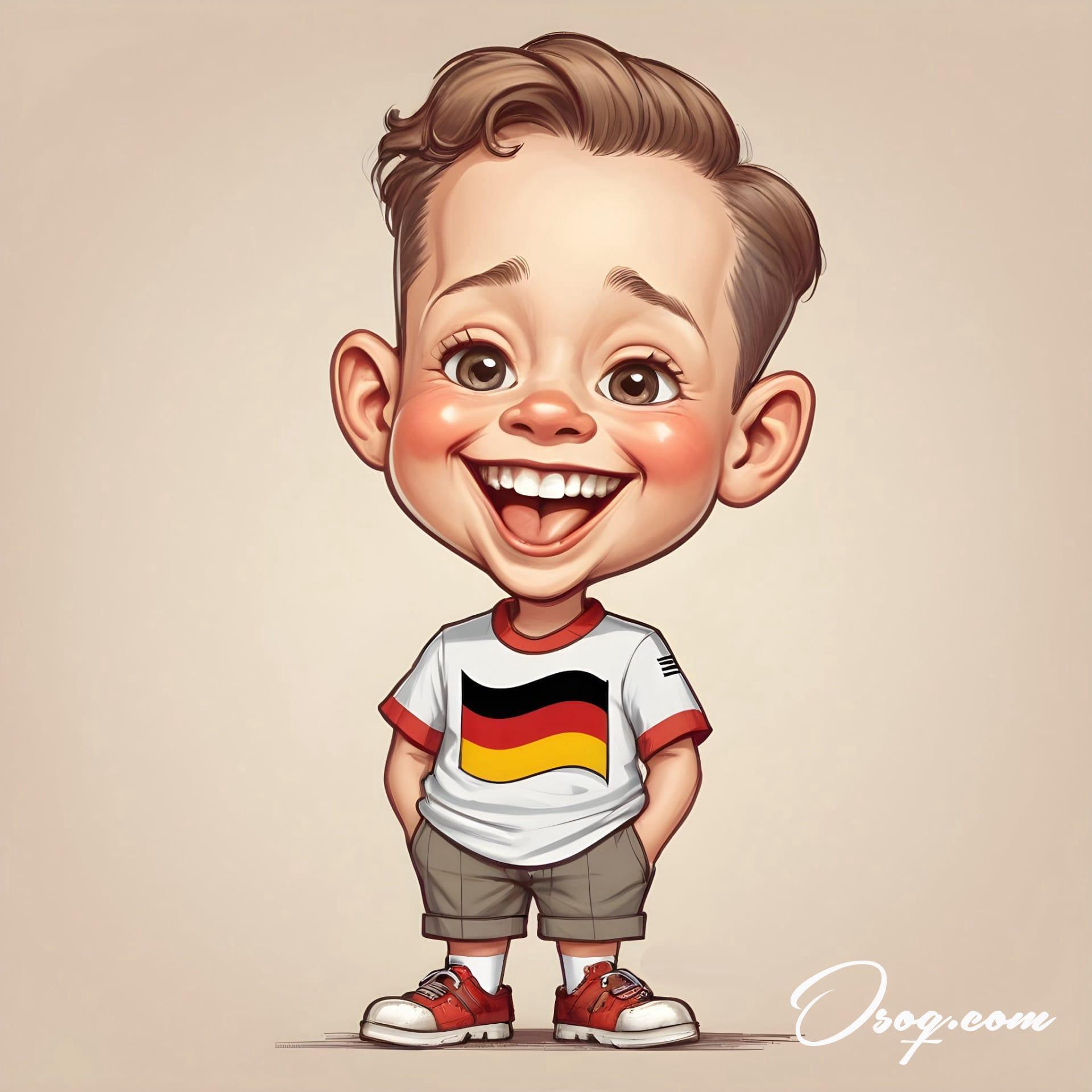
The Adventures of Tintin, although originally Belgian, saw significant popularity in Germany, influencing a generation of German cartoonists and illustrators.
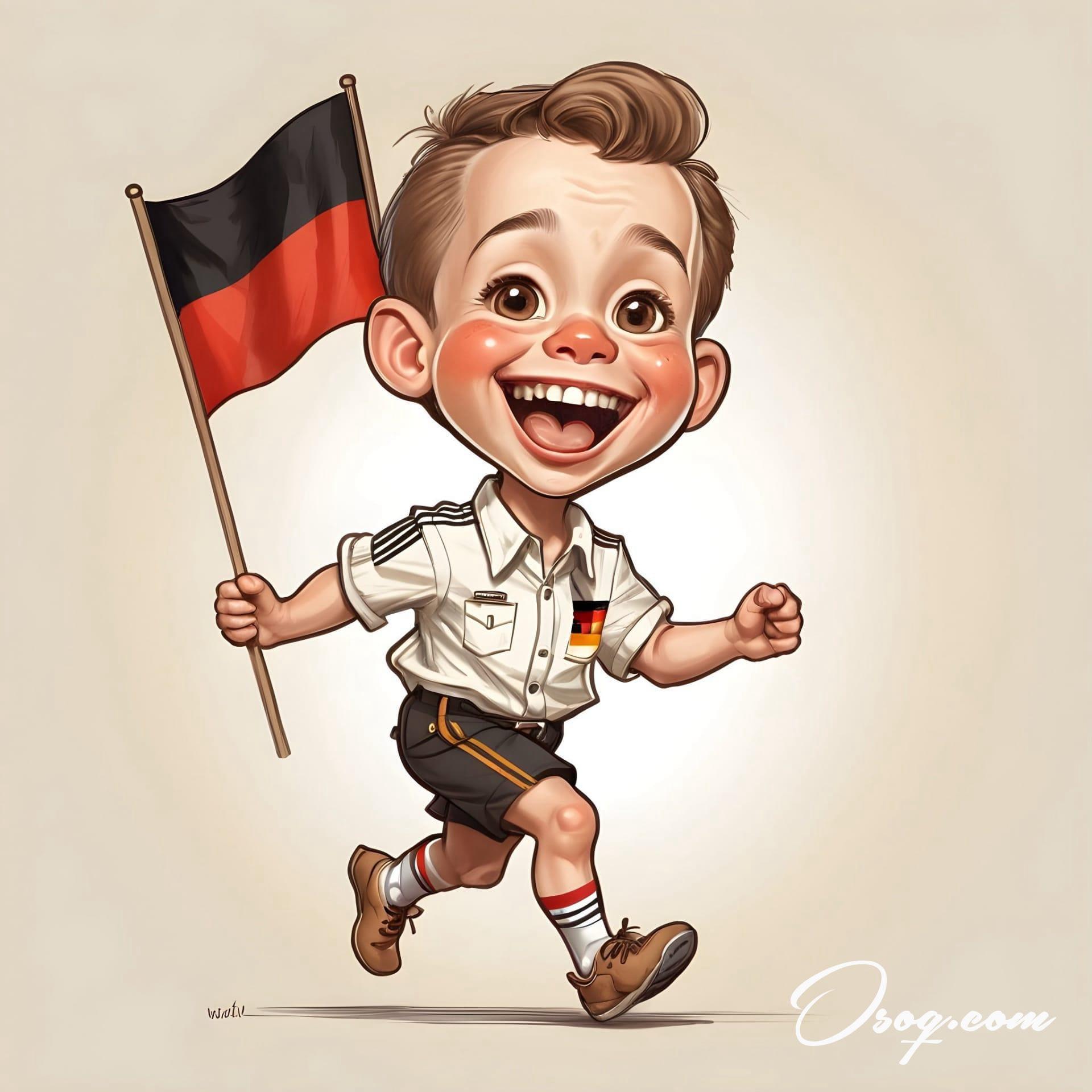
During the Cold War, East and West Germany had distinctly different cartoon cultures, reflecting the political and social conditions of each side.

The fall of the Berlin Wall brought about a convergence of these styles, leading to a diverse and rich landscape of German cartooning.
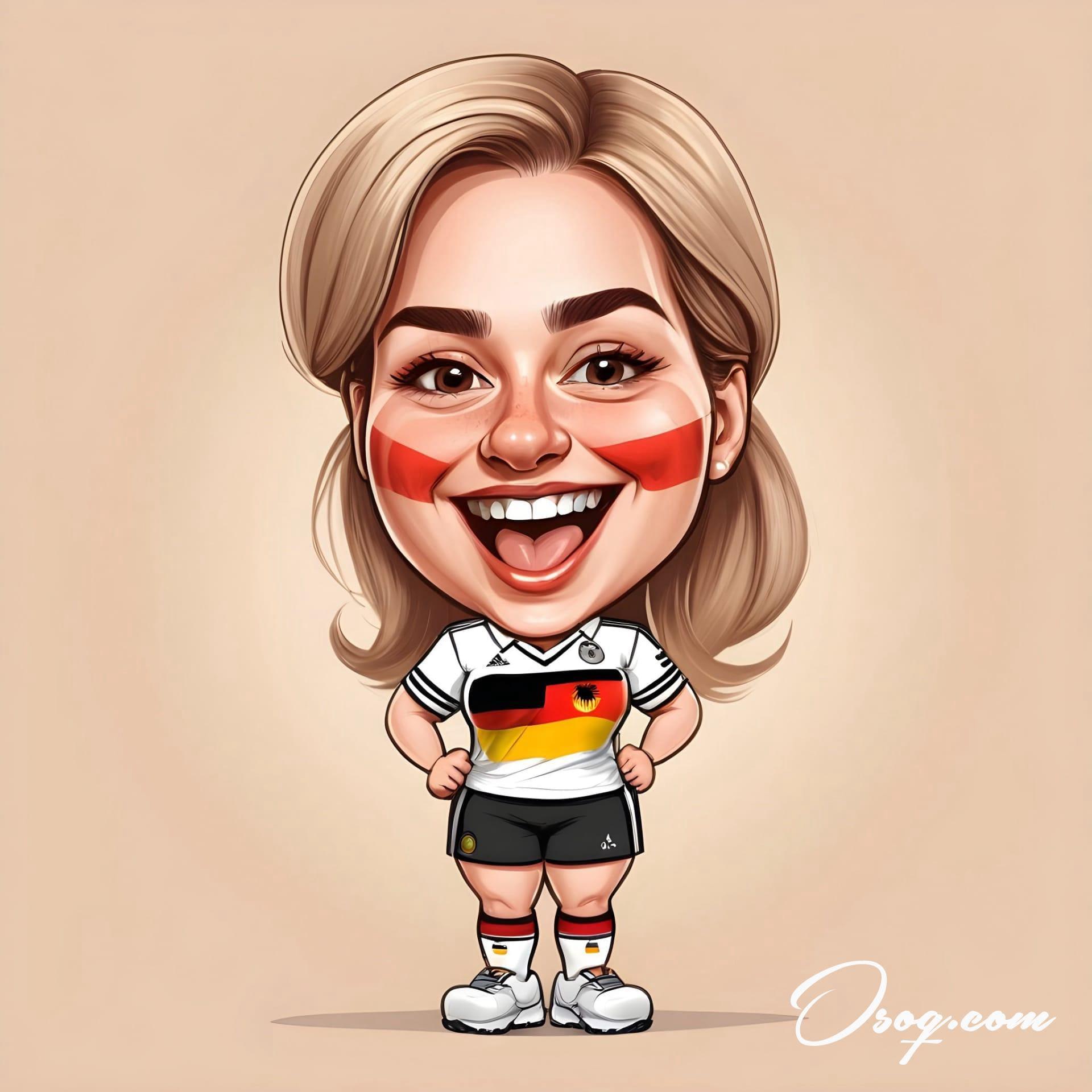
Famous German cartoon characters include Werner - the wild, motorcycle-riding plumber who embodies a certain anarchic spirit quintessential to some strands of German humor.
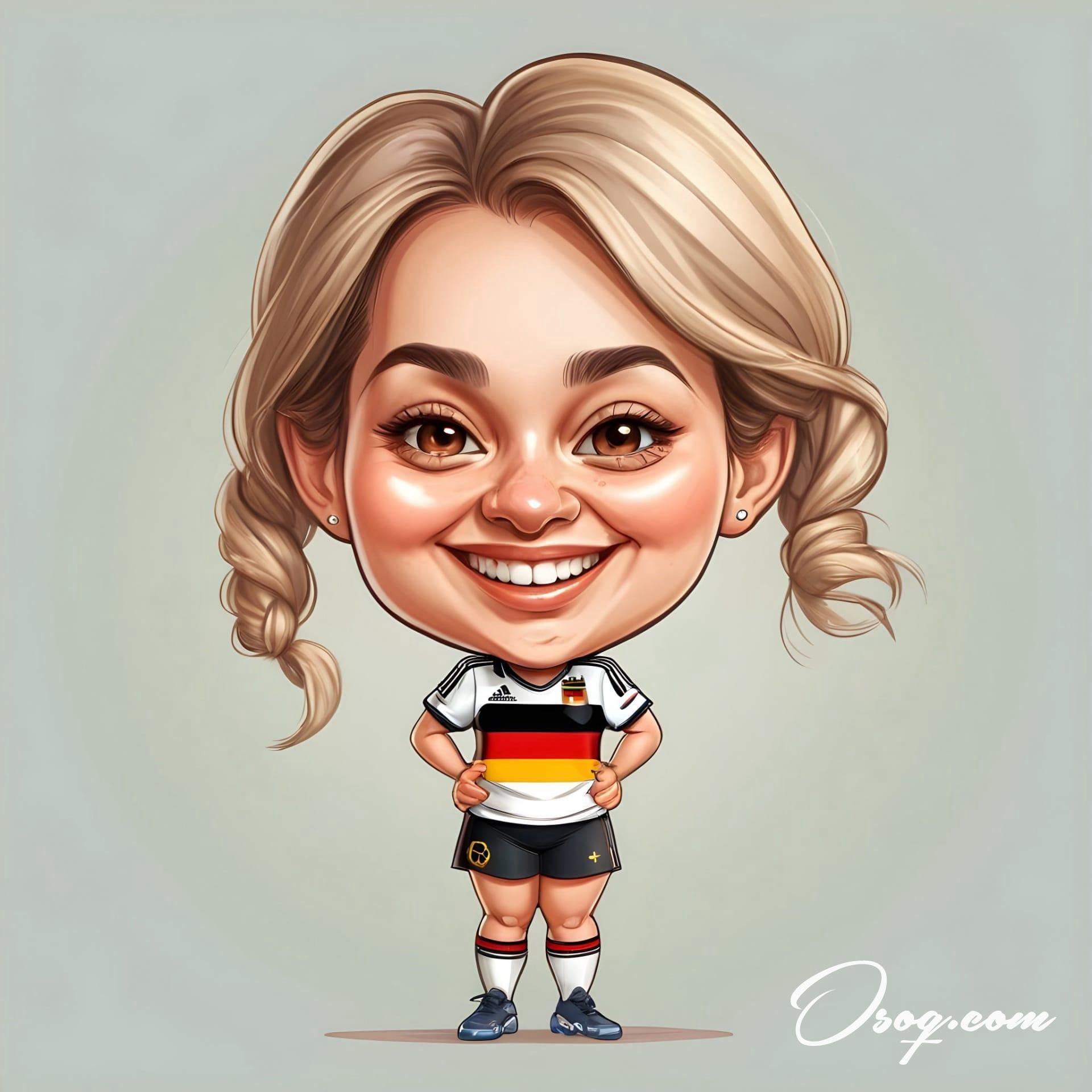
German fairy tales, like those collected by the Brothers Grimm, have been a fertile ground for German cartoon adaptations, blending folklore with modern sensibilities.

In recent years, Germany has seen a surge in digital cartoons and webcomics, with artists taking advantage of online platforms to reach a global audience.
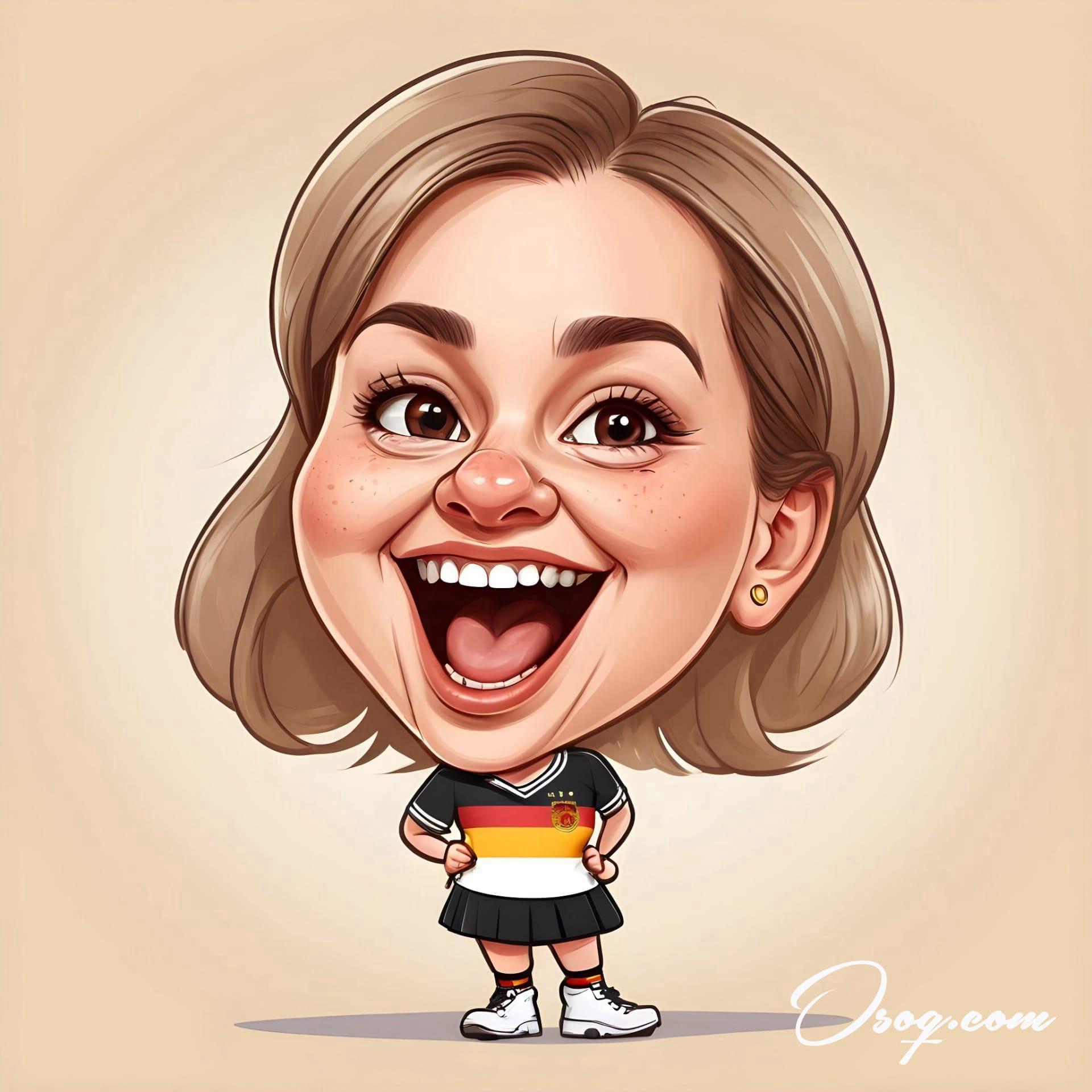
The International Comic Salon Erlangen is Germany's most significant event dedicated to comics and cartoons, showcasing both domestic and international talent.
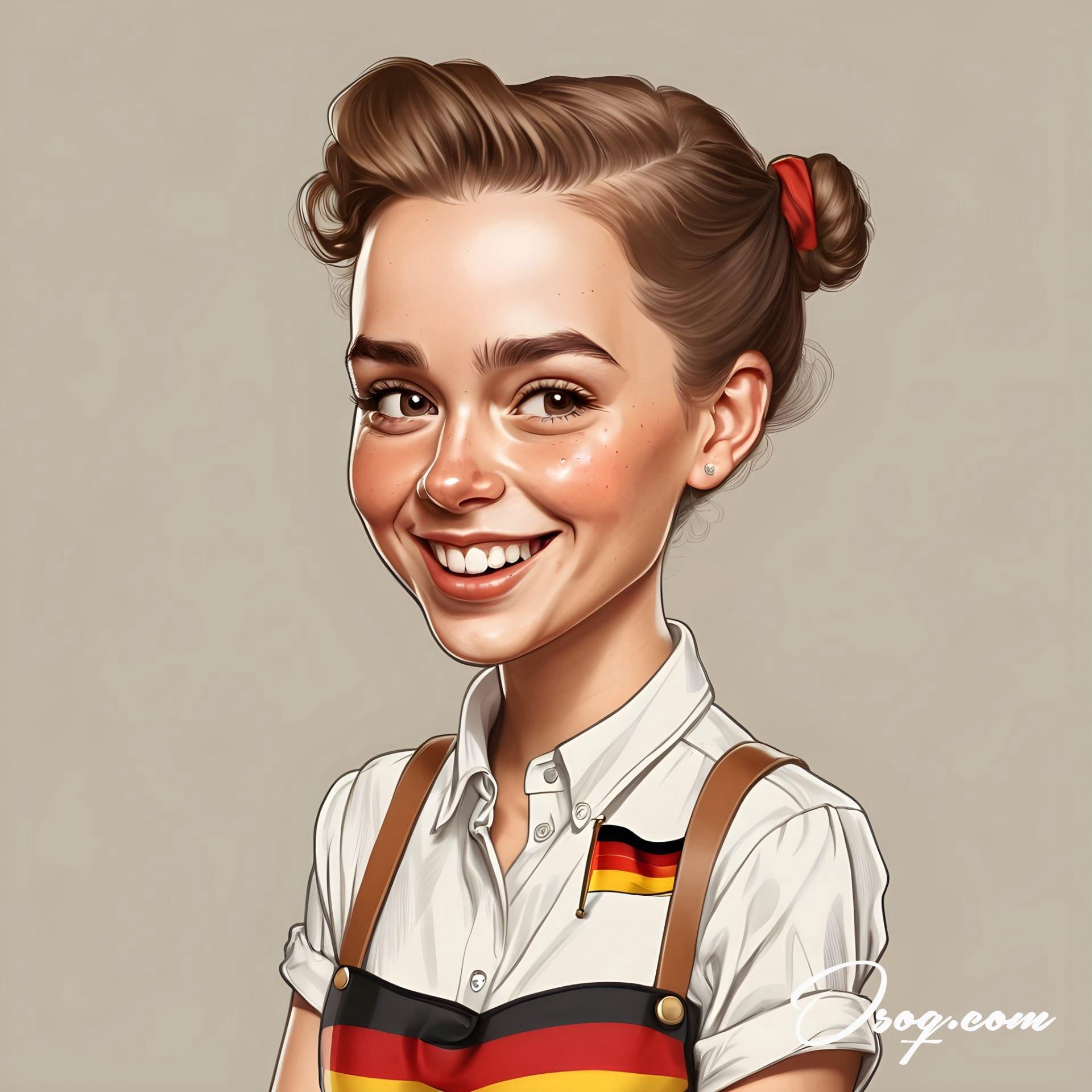
Germany's commitment to education and literacy has led to the use of cartoons and comics as educational tools in schools, making learning more engaging and visually stimulating.
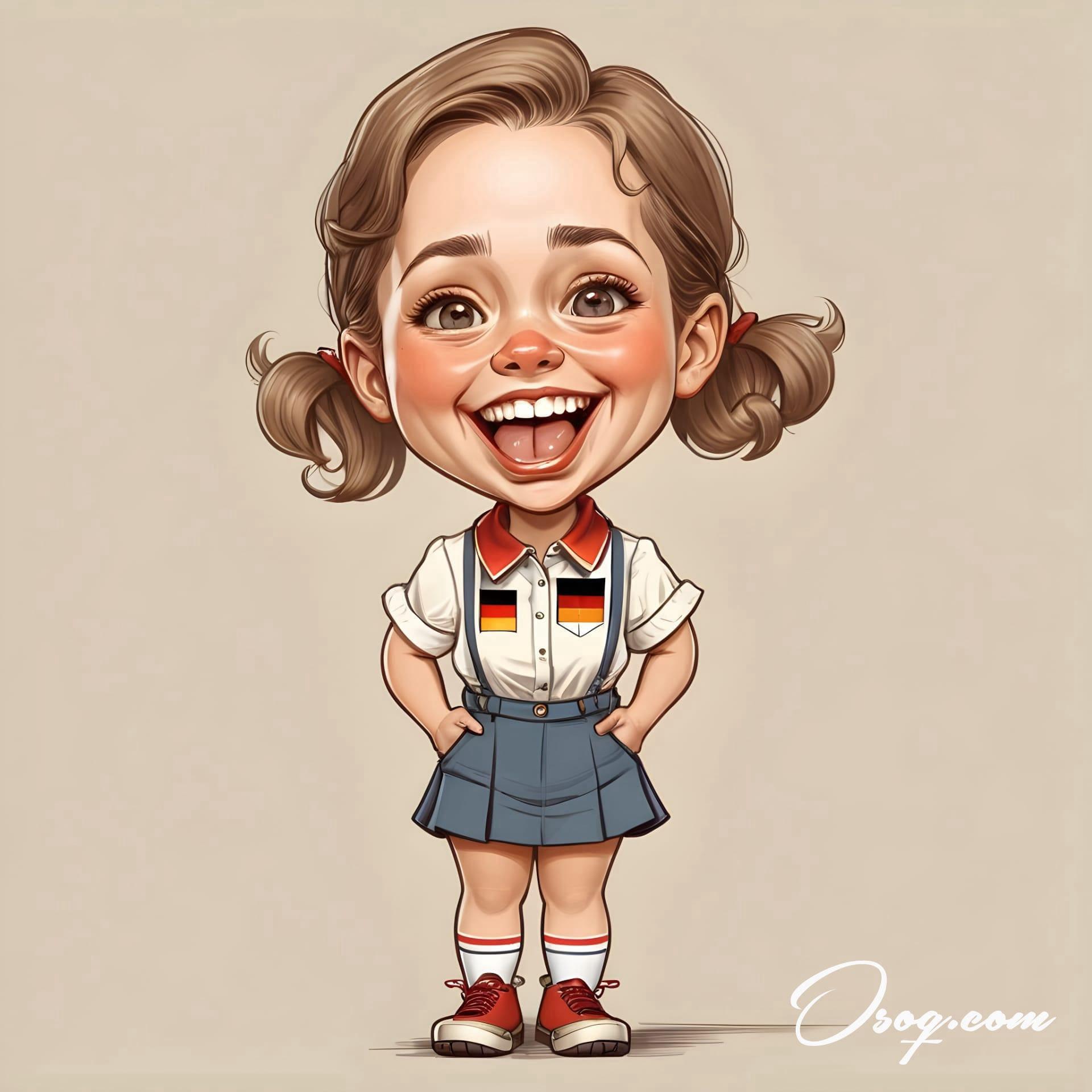
Eco-friendly and social issues are common themes in German cartoons today, reflecting the country's strong environmental consciousness and social justice movements.
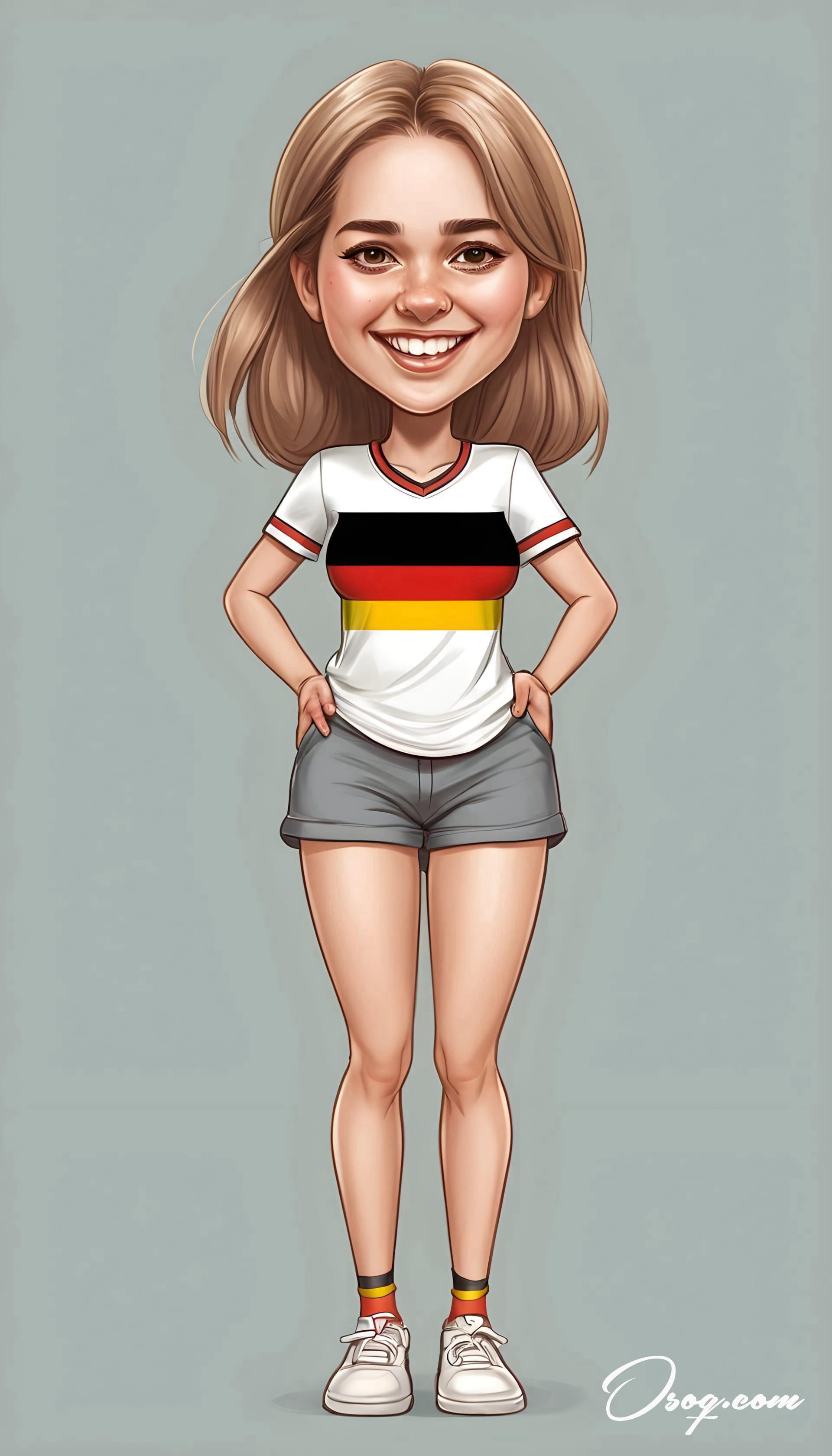
Animation in Germany has evolved alongside cartoons, with several German animated films achieving critical acclaim for their innovation and creativity.
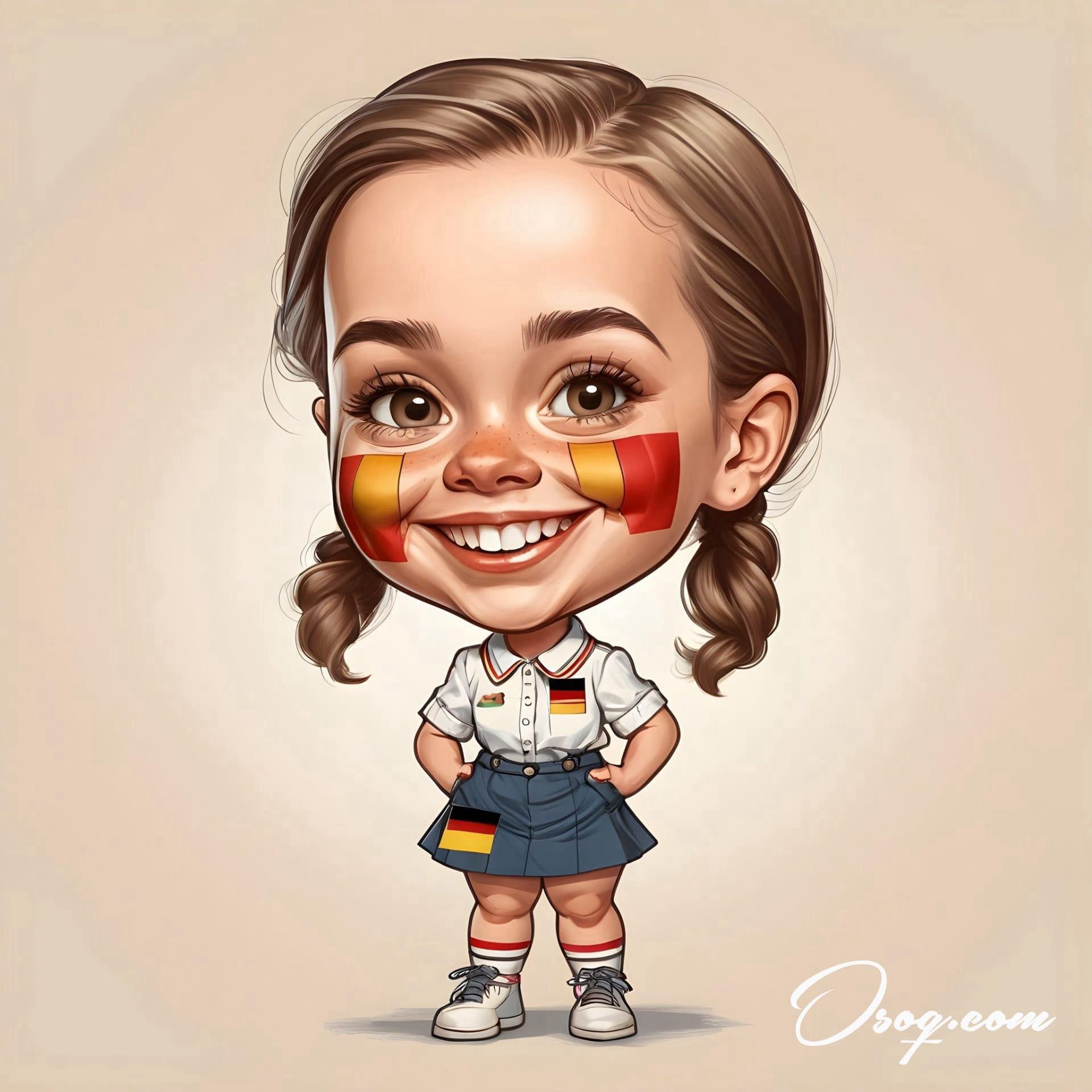
The influence of American and Japanese cartoons has been notable in Germany, leading to interesting cross-cultural exchanges and collaborations in the animation industry.
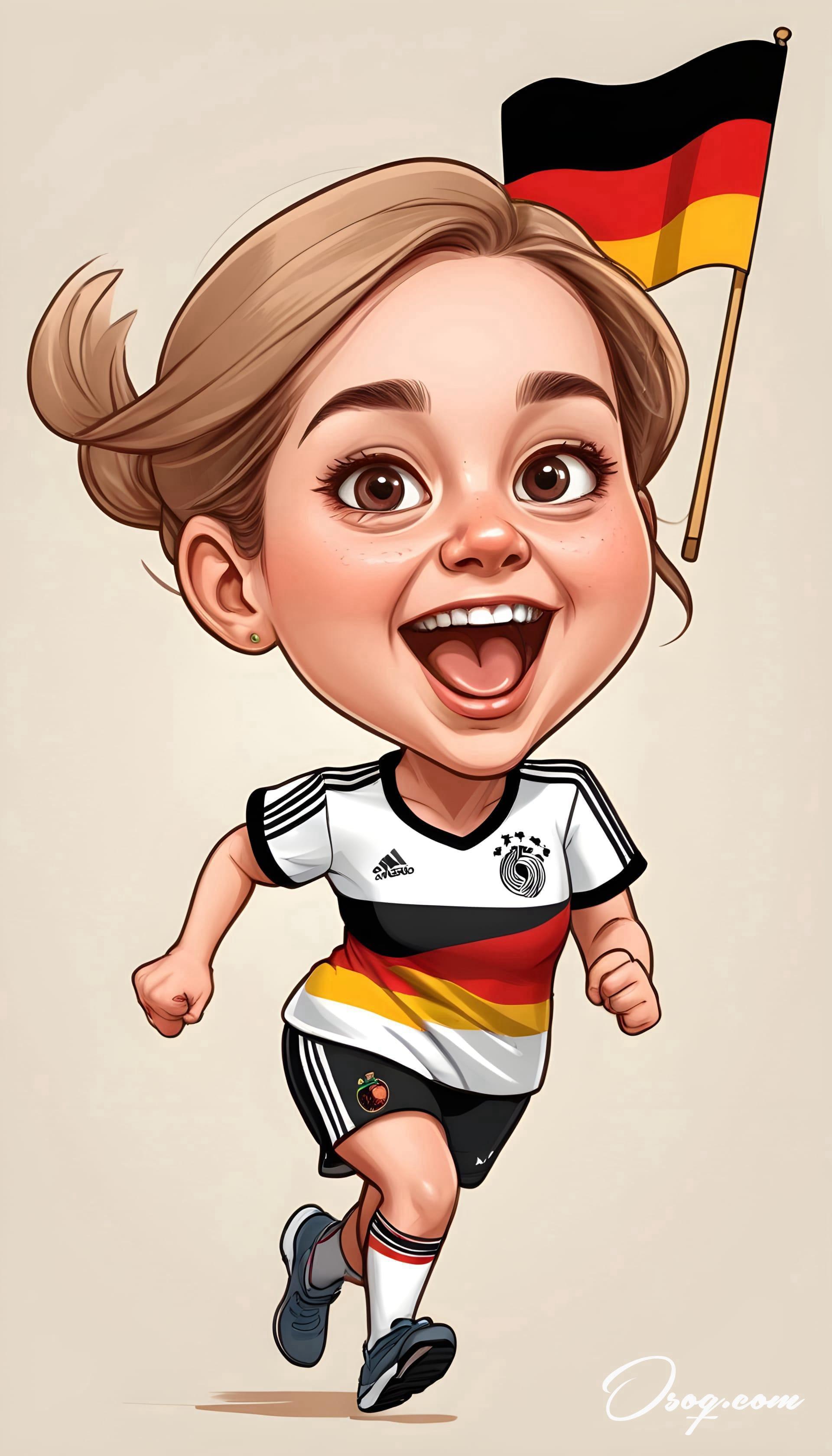
Satirical magazines like "Titanic" have played a significant role in Germany's cartooning landscape, offering sharp critiques of political and social issues through humor.

Germany Cartoon festivals and competitions are regular events, fostering a sense of community among artists and providing a platform for showcasing new talents.
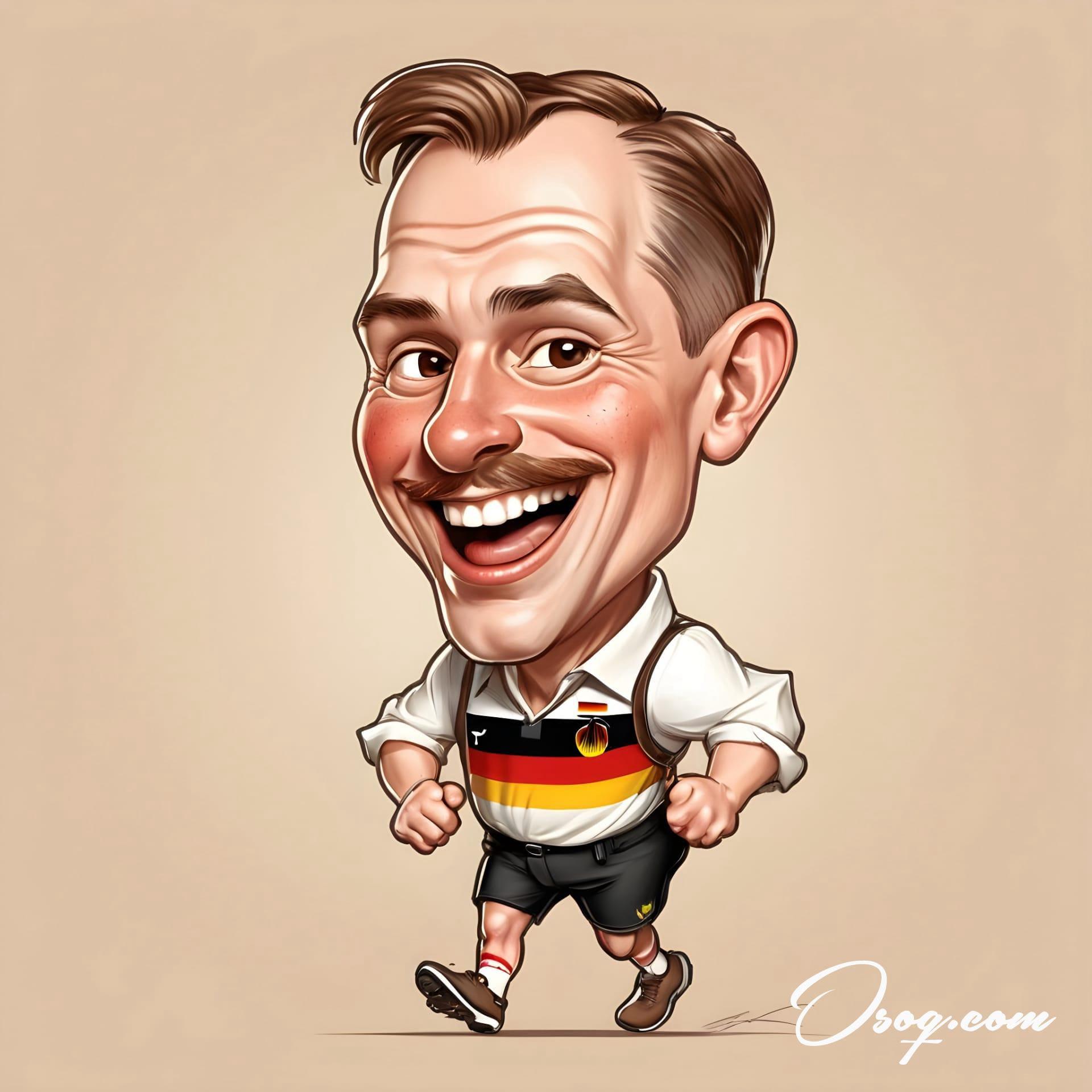
The rise of graphic journalism in Germany has seen cartoons being used to report on news and events, combining artistry with factual storytelling.
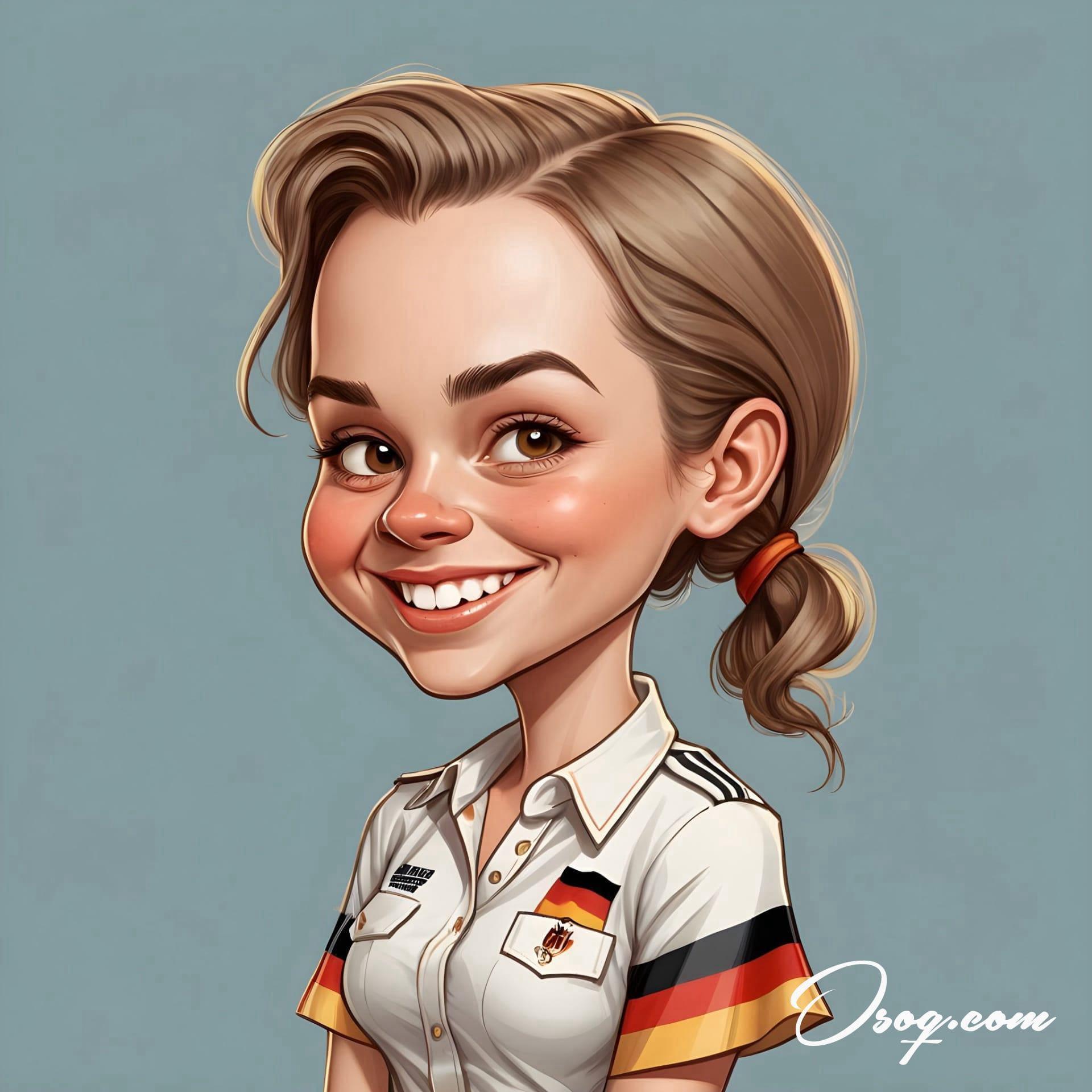
Germany's unique sense of humor, often described as dry and ironic, shines through in its cartoons, making them distinct from those of other cultures.
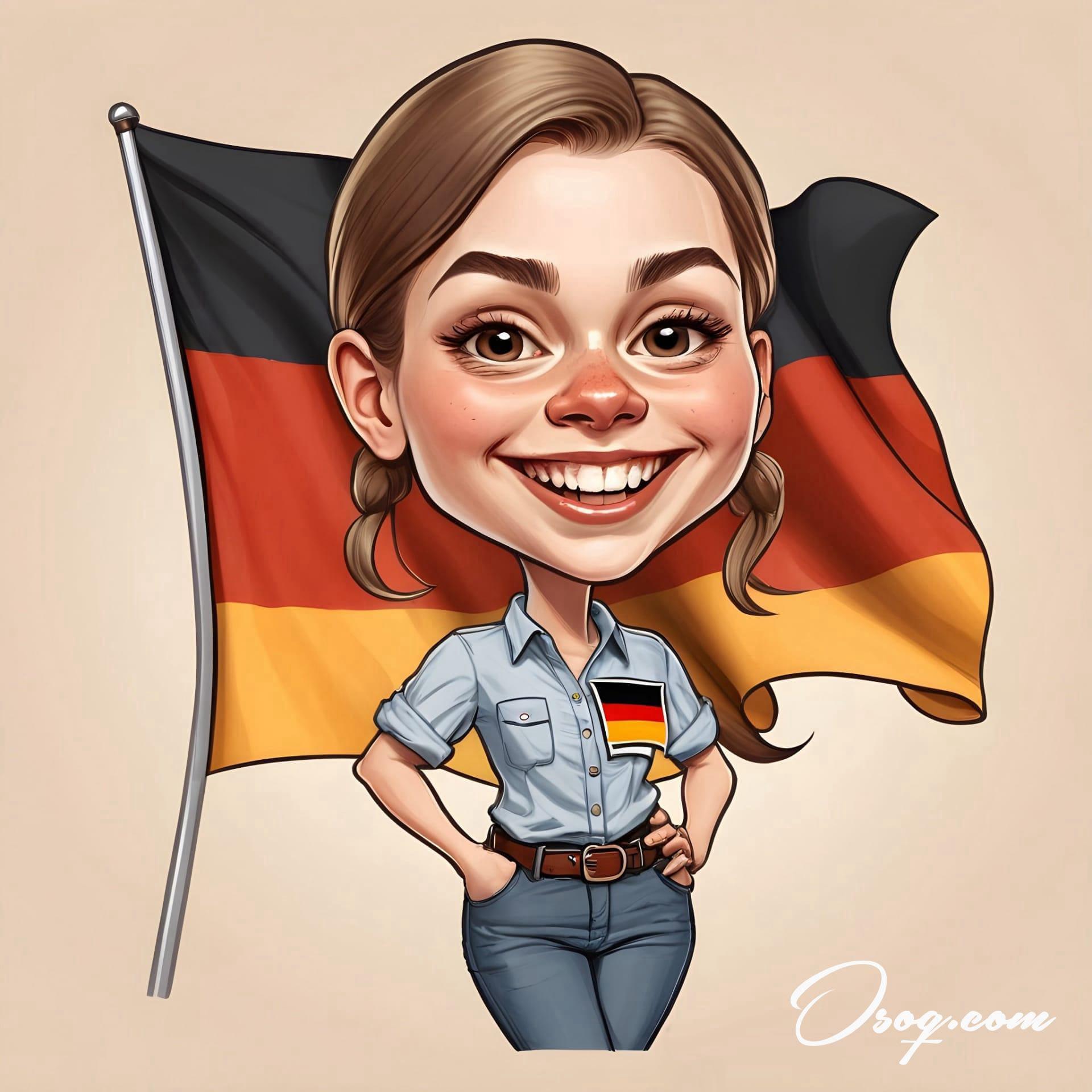
The ongoing popularity and evolution of German cartoons highlight their enduring appeal and the important role they play in both entertainment and social commentary.